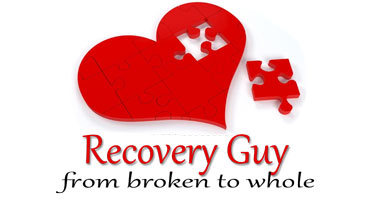Back in 1984 the recording artist Tina Turner sang a song “What’s Love Got To Do With It.”
Well, if you know anything about relationships, love has everything to do with it. Sadly, love is spoken more as a noun than it is demonstrated as a verb. The same is true when we consider trust. Just as in the song, trust has everything to do with it.
Trust is a foundational requirement for every healthy relationship. Without trust, there is no basis for caring. It is near impossible to have reciprocal care for a person where trust isn’t an essential part of the relationship. The quote “This above all: to thine own self be true, and it must follow, as the night the day, Thou canst not then be false to any man” is a line from Hamlet by William Shakespeare and it connects self-truth as a necessary component of being truthful to others.
“This above all: to thine own self be true, and it must follow, as the night the day, Thou canst not then be false to any man”
Hamlet – William Shakespear
Biblical scholar, Ken Ham states “if you don’t start with the truth, everything else out of your mouth is a lie.” You might find either one or both positions too harsh or judgmental, but are they really? What do we have a value, if we don’t have our own word that can be relied on? Trust is defined as a dependence or relying upon. If one cannot rely that what I say to be consistent with what I do, then how can there be any relationship of value.

This is especially for those of us who want to make significant life improvements. If we don’t tell ourselves the truth about our current condition how can we ever make strides in improving the area of concern. So often I am too subjective in my view of me. I should be more truthful in my objectivity to areas needing to be corrected. Far too often I am willing to negotiate with the truth. In the moment, it may feel better, but it will only hinder me in the area where I need attention for growth.
If I had a physical condition and went to a doctor, would I consider being anything less than truthful in getting properly diagnosed and treated? Of course, the answer is no. Why would I want to have a relationship with the doctor if I wasn’t going to be truthful and why would any doctor want a patient that was not medically or intellectually honest with them?
The same is true on a personal level. Some of us, who have battled with addictions and other types of negative behaviors, learned to live a lie to ourselves and others. In recovery, we decided to cease from that lifestyle or behavior and transition into truth. Initially, we are more likely to believe us then those surrounding us. This is where understanding how much more powerful the word truth is when exhibited as a verb than as a noun.
Everyone needs to see truth as a way of living. Describing our truthful intentions aren’t nearly as important as living them out. Going back to my original title “What’s Truth Got To Do With It,” I find it has everything to do with it. Referring to the Shakespeare quote, I must be true to myself and the extension is that I can be true to others.
